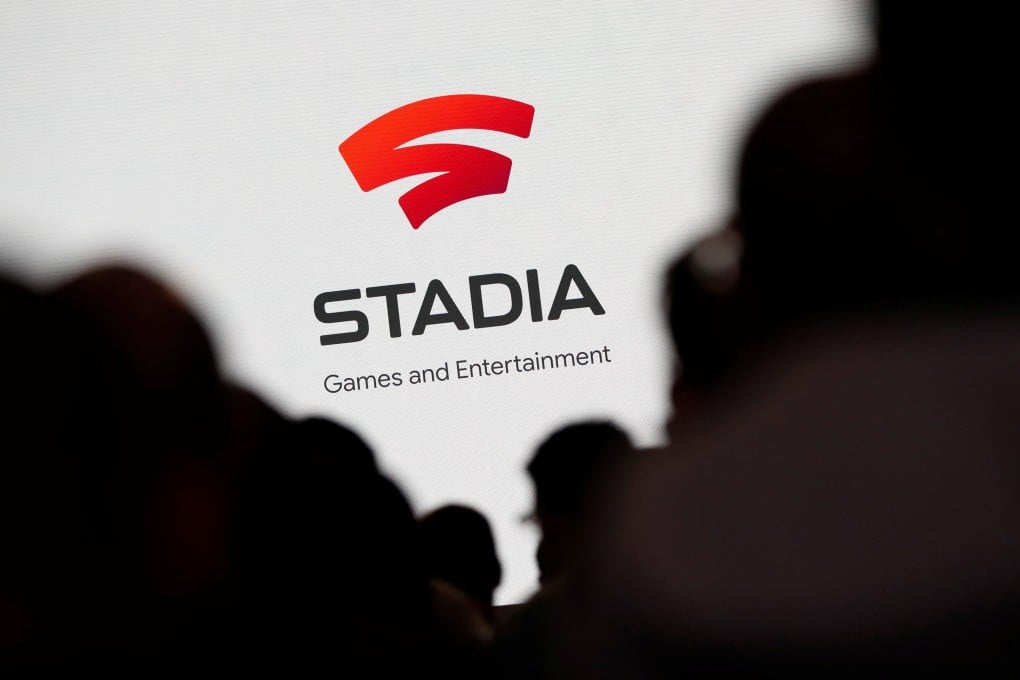Advertisement
Google’s Stadia video game streaming service winds down after three years and cool reception from gamers
- Stadia ‘hasn’t gained the traction with users’ that Google expected and service will end on January 18, the company announced
- The cloud gaming platform was Google’s answer to consoles from giants like Microsoft, but users balked at paying full price for titles stored online
Reading Time:2 minutes
Why you can trust SCMP

Google said it will terminate services for Stadia, its troubled cloud gaming service, after it failed to gain traction with players almost three years after its launch.
Stadia was an attempt from Alphabet Inc’s Google to take on the video game console giants with a platform of its own. Unlike traditional consoles, Stadia allowed users to play games on devices such as Android phones and Chromecast apps for TV, by funnelling data directly from Google’s server clusters. Its subscription cost US$10 a month.
“While Stadia’s approach to streaming games for consumers was built on a strong technology foundation, it hasn’t gained the traction with users that we expected,” Phil Harrison, Stadia vice-president and general manager, wrote in a blog post on Thursday. “So we’ve made the difficult decision to begin winding down our Stadia streaming service.”
Advertisement
Players will be able to access their games library and play through January 18. Google will refund Stadia hardware purchases, games and add-on content made through the Google Store, Harrison said.
Google invested generously in Stadia in an effort to reach well beyond the audience of traditional gamers or those who couldn’t afford a pricey Xbox or PlayStation console. It shelled out tens of millions of dollars to get games like Red Dead Redemption 2 on the platform, Bloomberg has reported.
Advertisement
Advertisement
Select Voice
Select Speed
1.00x